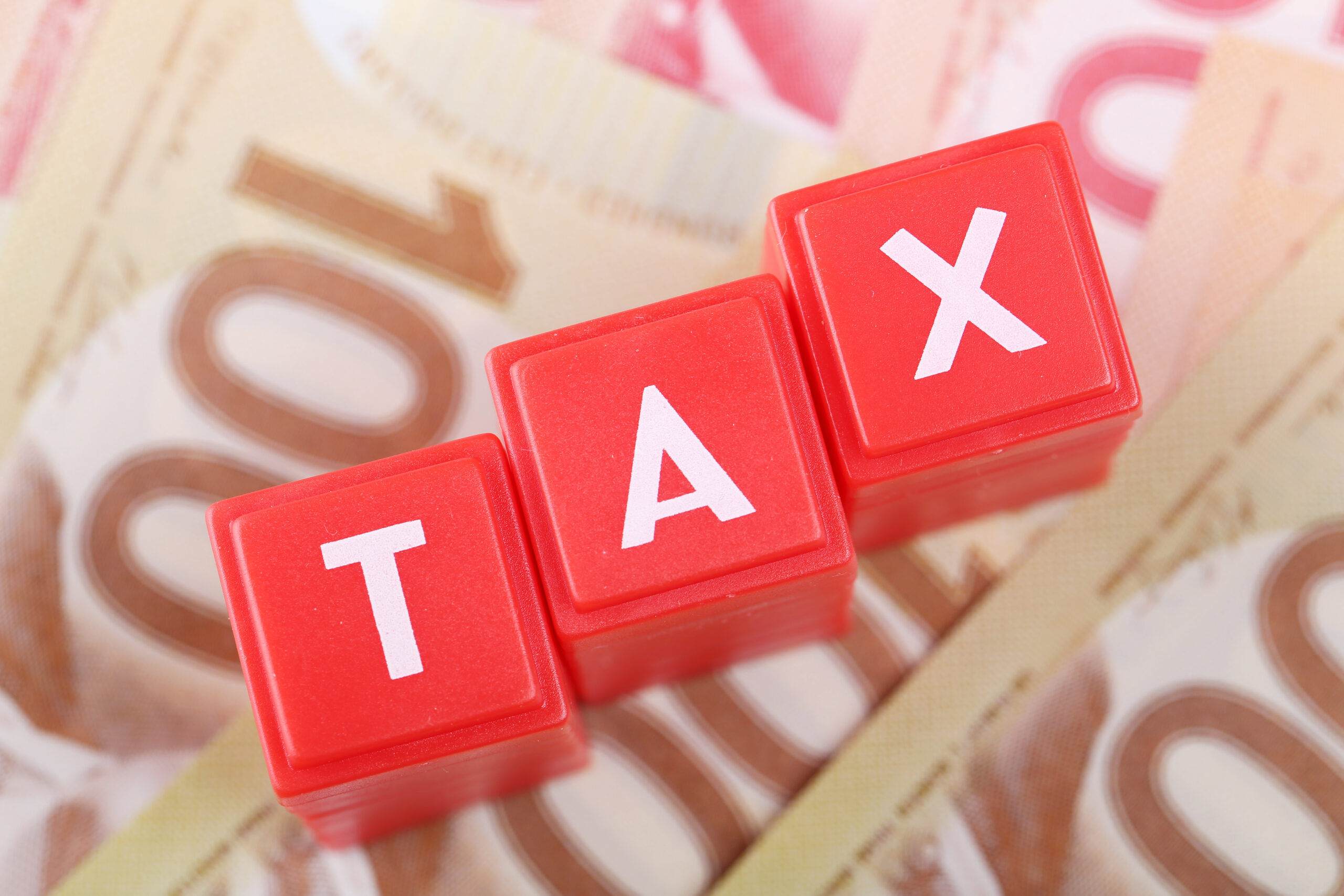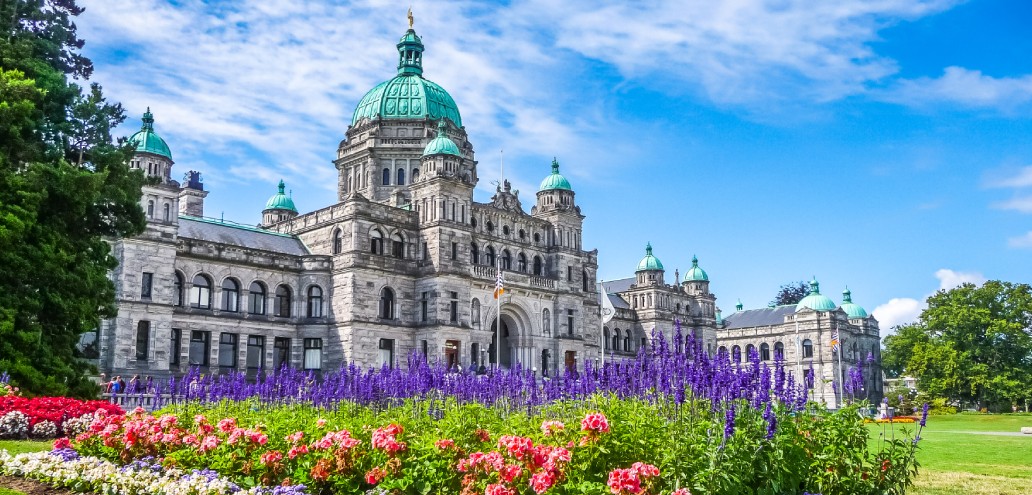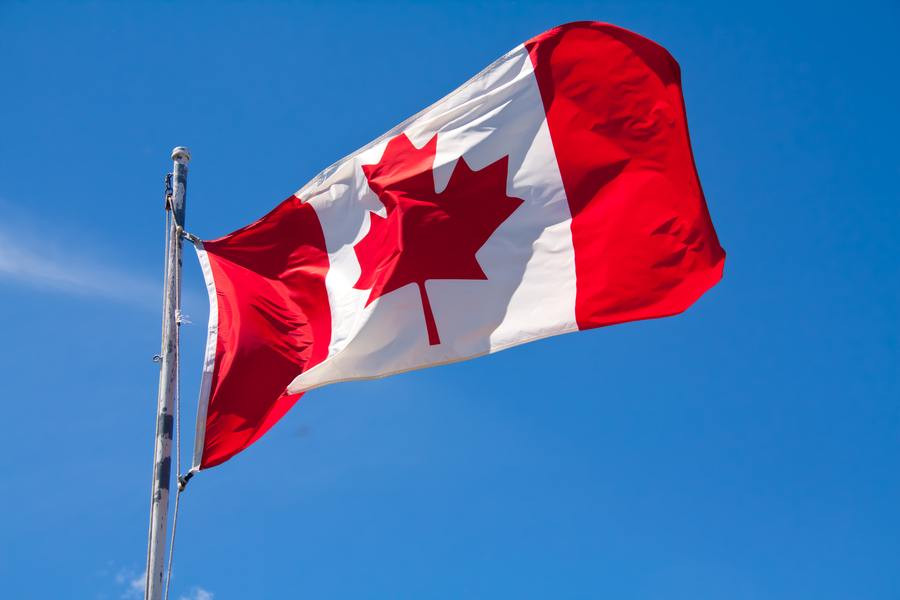Last Updated on October 24, 2023 by Neil Sharma
REMAX sales agent Ron Antalek says the recent provincial Green Party proposal to ban foreign buyers from purchasing real estate in B.C. will have more ramifications than the party realizes.
Specifically, he thinks it will stun the economy and hurt families, but perhaps most importantly, he says, it would be superfluous because the 15% foreign buyer tax has already curtailed the number of non-residents buying into Vancouver—the country’s most expensive real estate market.
“The 15% tax has adversely affected a lot of developers, especially in the concrete high-rise condo sector, however, everyone is accepting of it and believes that it is sufficient,” he said. “In the free enterprise world of commerce and business, with the concerns of the public with respect to pressure on pricing, maybe the happy compromise is the 15% tax, but don’t increase it. It’s damaging to families, the economy and the people of British Columbia.
Moreover, Antalek believes that the Green Party’s proposal is out of step with Canadian values and ideals, perhaps no more so than in multicultural Vancouver.
Antalek says he’s confounded by the uproar created by non-resident purchases of Vancouver real estate in light of statistics that show they comprise a miniscule cohort within the market.
“We study the number of foreign buyers and it’s insignificant. The foreign buyer consists of less than 5% of the market. We had 103,763 residential sales in 2017 and that’s a decline of 7.5% from 112,211 in 2016, so we already have a decline in the market, and banning a foreign buyer will not change the fact that we are a desirable province to live in. Vancouver is desirable, and even if you ban foreign buyers, you won’t diminish demand. Interprovincial migration is also putting pressure on the urban centre of Vancouver.”
Therefore, says Antalek, damaging the housing market is befuddling, especially since investors help pump inventory into the rental supply, which is dangerously low in Vancouver.
As for the issue of foreign buyers who park their money in empty units, and put even more downward pressure on supply in the process, Antalek believes the vacancy tax is enough to remedy that problem.
“Vancouver did right thing by implementing a vacancy tax, so what they’re doing is you’ll be taxed leaving it vacant,” he said. “Trying to create government incentive so that these foreign buyers who bought unit will now rent them is how to go about this properly.”
Related stories:
Neil Sharma is the Editor-In-Chief of Canadian Real Estate Wealth and Real Estate Professional. As a journalist, he has covered Canada’s housing market for the Toronto Star, Toronto Sun, National Post, and other publications, specializing in everything from market trends to mortgage and investment advice. He can be reached at neil@crewmedia.ca.









